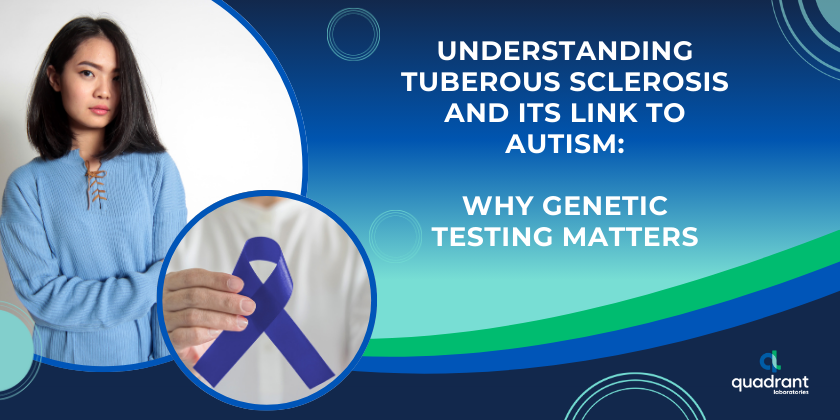
Among inherited conditions, Fragile X syndrome (FXS) is the most common cause of intellectual disability and autism. It is difficult to diagnose FXS because of its clinical heterogeneity, the absence of obvious physical characteristics at birth, the variation in phenotypes between the sexes, and the similarity in phenotypes with other conditions. It is recommended that all individuals with developmental delay, intellectual disability, and/or autism of an unknown cause should be tested for FXS.
However, only a small fraction of individuals receive referrals for testing. As a result, the general population is thought to be severely underdiagnosed with FXS.
FXS is a genetic disorder caused by changes or mutations in the FMR1 gene. According to estimates, 1/4,000 males and 1/5000-1/8,000 females carry the full FXS mutation. The prevalence of FXS in women is approximately one-half that of men as it is a sex-linked disorder. Females may have one normal X chromosome due to the random inactivation of X chromosomes in somatic cells, which leads to more severe impairments in males.
The prevalence of premutation carriers in the general population is approximately 1 in 291 females and 1 in 855 males. The prevalence of FXS may vary by ethnicity, even though it affects all ethnic groups. Countries that have significant Asian populations have a significantly lower incidence of FXS than Western countries. In addition, FXS is significantly more prevalent in countries that routinely screen for the FMR1 gene than in those that do not.
The X chromosome contains the gene for FXS, which is why fewer females have the disorder. Males, having only one X chromosome (XY), will develop FXS because there is a mutation of their single X chromosome. Females, who have two X chromosomes (XX), can have the unaffected X reduce the effects of the affected X. As a result, FXS symptoms are usually absent or mild.
Fragile X syndrome is the most common known single-gene cause of autism spectrum disorder (ASD). According to the CDC, a national parent survey found that 46% of males and 16% of females with FXS have been diagnosed or treated for ASD.
There is evidence that individuals with FXS who have autism may have a greater degree of intellectual disability.
Fragile X syndrome is identified in about 10% of children with ASD. Given the likelihood of a link, it is recommended that all children with ASD, both male and female, test for FXS and autism.
If you are a healthcare provider and would like to move forward with ordering a saliva-based test for your patient there are two easy ways to order:
- Submit a request through your Athena EMR System
- Fill out our test requisition form found here
If you are a parent and feel genetic testing could be helpful, fill out a quick assessment and one of our team members will review it and get back to you.
- Genetic Test Assessment here



